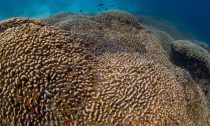
Warm waters of South Pacific nestle a coral colony, unmatched in size, off the grimly far away island of Malaulalo. The coral, a Pavona clavus, measures 34 meters across, 32 meters long, and 5.5 meters tall, making it 12 meters larger than America’s previous record holder from American Samoa.
An underwater cathedral, this giant carcass of coral was captured in vivid shots during a National Geographic Pristine Seas expedition. Leading a team of videographer Manu San Félix, the group accidentally came across the coral while probing an area that was classified as a shipwreck.
“It is impressive to see something so big and so old-around 300 years old-bouncing back through such significant changes in the environment,” according to San Félix...
Read More









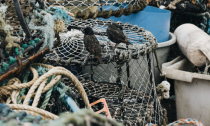
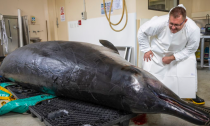

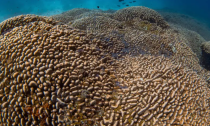
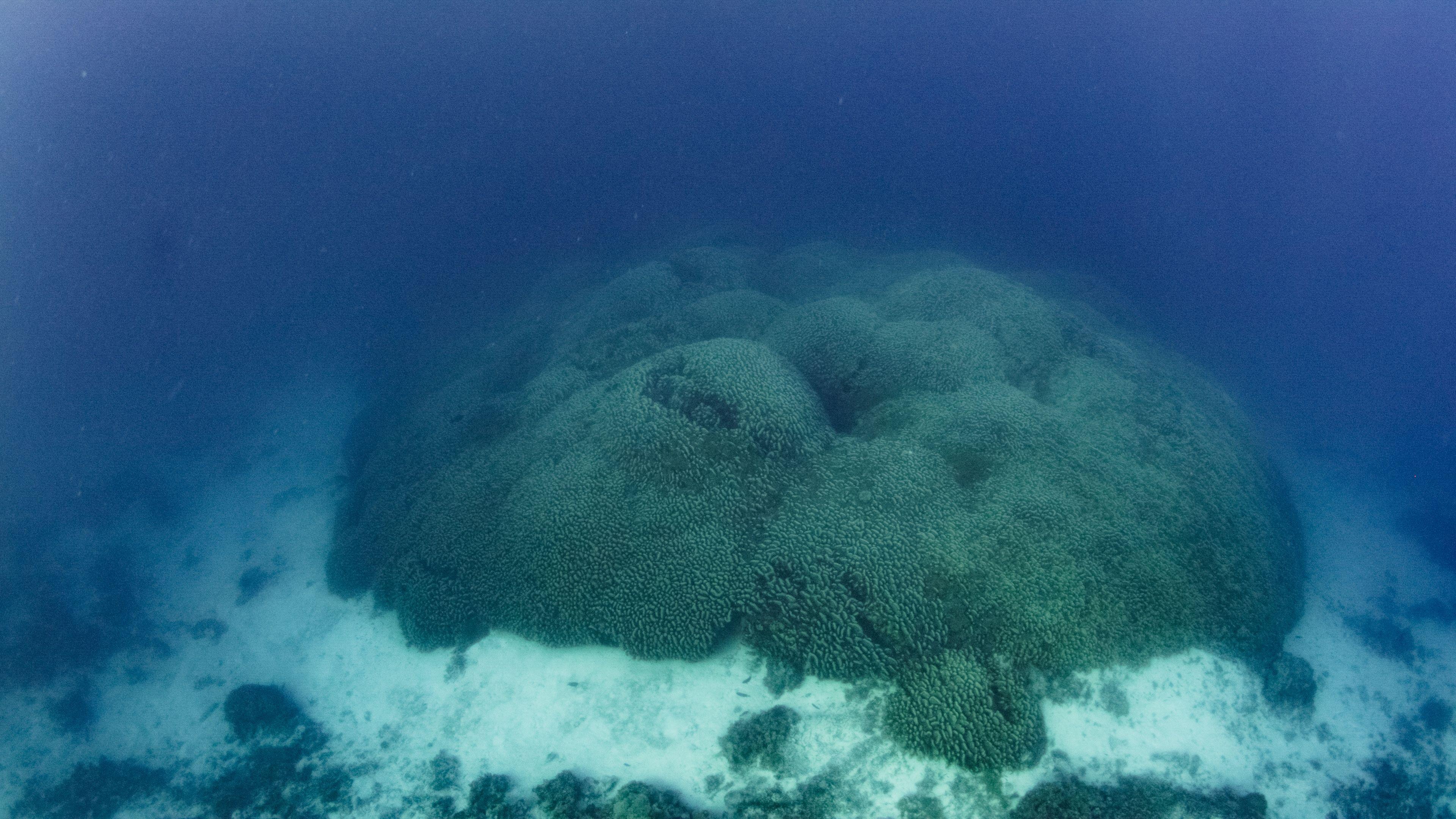
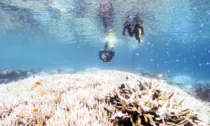
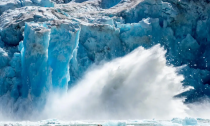
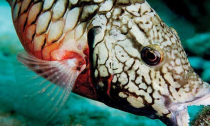
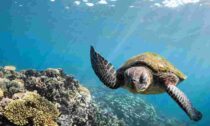
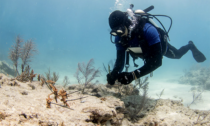

Social Profiles